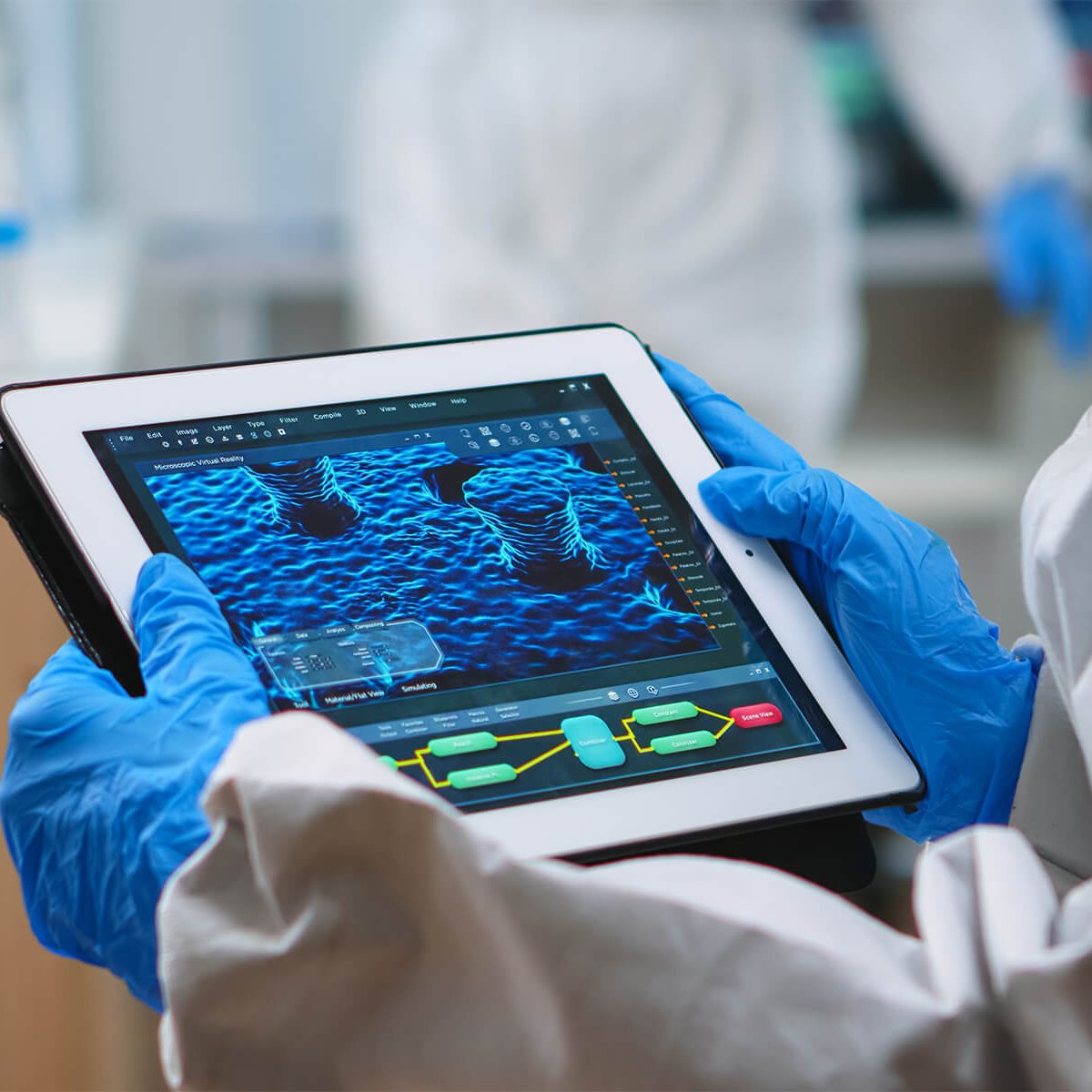Health has always been at the core of human progress. From ancient healing traditions to modern medical breakthroughs, humanity’s quest for well-being has driven innovation, discovery, and change. Yet in the 21st century, the concept of health is being redefined. No longer limited to curing illness, it now encompasses prevention, mental balance, digital health, and holistic living.
In 2025, the global health industry is experiencing a profound transformation. Driven by technology, data, and lifestyle awareness, this new era of wellness is reshaping how we understand, manage, and sustain our physical and mental health.
This article explores the latest trends, technologies, and shifts that are shaping the future of health — and what they mean for individuals, communities, and the world.
The Evolution of Modern Healthcare
For decades, healthcare was reactive — we visited doctors when symptoms appeared. Today, the system is shifting toward preventive and personalized medicine. Instead of waiting for illness, patients and doctors now use technology and data to predict and prevent disease.
Medical research has made great strides in understanding genetics, nutrition, and environmental influences on health. Precision medicine — which tailors treatment based on an individual’s genetic makeup — has become one of the most promising frontiers in healthcare. Diseases like cancer, diabetes, and heart disease can now be treated with therapies that are customized for each patient, improving outcomes and reducing side effects.
The growing use of wearable devices such as smartwatches, fitness trackers, and continuous glucose monitors is also transforming the patient experience. These tools provide real-time data about heart rate, activity levels, sleep patterns, and more, empowering individuals to take control of their own health.

The Rise of Digital Health
Technology has become an indispensable part of healthcare delivery. The COVID-19 pandemic accelerated the adoption of digital health solutions, from telemedicine to mobile health apps, making care more accessible and convenient.
Telehealth, once seen as a niche service, has become mainstream. Virtual consultations allow patients to connect with healthcare providers anytime, anywhere — reducing wait times and increasing access in rural or underserved areas.
Mobile health applications are now used for everything from medication reminders to mental health support. AI-powered chatbots and diagnostic tools are assisting doctors in detecting conditions faster and more accurately. For example, algorithms can analyze X-rays or MRI scans in seconds, identifying potential health issues that might take a human specialist hours to find.
This digital revolution also benefits healthcare providers. Electronic health records (EHRs), data analytics, and automation streamline administrative tasks, reduce errors, and improve coordination between medical professionals.
The Mental Health Revolution
In recent years, mental health has moved from the shadows into the spotlight. Once stigmatized and misunderstood, it is now recognized as an integral part of overall well-being.
The rise in awareness about anxiety, depression, and stress-related disorders has led to a surge in mental health services and wellness programs. Employers are investing in employee mental health initiatives, schools are introducing mindfulness programs, and individuals are turning to therapy and meditation apps like Calm and Headspace for support.
Technology plays a dual role here — both as a stressor and as a solution. While digital overload can contribute to mental fatigue, technology also provides new ways to connect, heal, and grow. Online therapy platforms, AI-powered emotional support tools, and virtual reality (VR) relaxation experiences are making mental health care more personalized and accessible than ever.
In the coming years, mental wellness will continue to merge with physical healthcare, emphasizing a holistic approach that treats the mind and body as interconnected systems.
Nutrition and Preventive Health
Food has always been a cornerstone of health, but modern science is uncovering just how critical nutrition is for long-term wellness. The new focus is on functional nutrition — eating not just to sustain, but to heal and optimize the body.
People are becoming increasingly aware of the connection between diet, energy, and immunity. Plant-based diets, clean eating, and personalized nutrition plans are gaining popularity as individuals seek natural ways to prevent disease.
Advances in biotechnology now allow for DNA-based nutrition, where diet plans are tailored to one’s genetic profile. For example, if someone has a genetic predisposition to high cholesterol or slow metabolism, they can follow a plan specifically designed to counteract those risks.
Meanwhile, the global market for supplements, probiotics, and superfoods continues to expand as consumers prioritize preventive care over treatment. Nutrition is no longer just about calories — it’s about chemistry, balance, and proactive health management.
Fitness and the Technology of Movement
The fitness industry has undergone a digital renaissance. What was once confined to gyms and studios has now expanded into homes, workplaces, and virtual spaces.
Technology-driven fitness — from smart gyms to AI-guided workout apps — is revolutionizing how people exercise. Devices like Peloton bikes, Mirror, and wearable fitness trackers provide real-time feedback, personalized coaching, and community engagement, helping individuals stay motivated and consistent.
Moreover, virtual and augmented reality (VR/AR) are creating immersive workout experiences that make exercise engaging and accessible. Imagine doing yoga on a tropical beach or cycling through the Alps — all from your living room.
The fitness landscape is also becoming more inclusive. Instead of focusing solely on aesthetics, modern fitness emphasizes functional strength, mobility, and longevity. It’s not just about looking fit — it’s about living well.
The Role of Artificial Intelligence in Medicine
Artificial intelligence is rapidly transforming healthcare delivery, diagnostics, and treatment. By analyzing large volumes of data, AI can detect patterns that humans may miss, leading to earlier and more accurate diagnoses.
In hospitals, AI is assisting in radiology, pathology, and even surgery. Robotic-assisted surgeries allow for greater precision, faster recovery times, and reduced complications.
AI also plays a crucial role in drug discovery, speeding up the development of new medicines that once took years to research. During the pandemic, AI was used to model the spread of the virus, design vaccines, and optimize public health responses.
As AI continues to advance, it promises to make healthcare more predictive, personalized, and efficient. However, it also raises ethical questions about data privacy, bias in algorithms, and the role of human judgment in medical decisions — challenges that will require careful regulation and transparency.
The Global Challenge: Accessibility and Equity in Health
While technological and scientific advancements are reshaping healthcare, global health inequality remains a pressing issue. Millions of people still lack access to basic medical services, clean water, and nutritious food.
Bridging this gap is one of the great moral and economic challenges of our time. Governments, NGOs, and private companies are working together to expand access through mobile health clinics, telemedicine, and low-cost digital solutions.
Innovations such as solar-powered medical devices, drone delivery of vaccines, and AI diagnostic tools for remote areas are helping level the playing field. The goal is clear: to ensure that healthcare is not a privilege but a universal right.
The Future of Health: Personalized, Preventive, and Connected
Looking ahead, the future of health will be defined by integration — the merging of biology, technology, and lifestyle. Medicine will become increasingly personalized, focusing on the individual’s unique genetic, environmental, and behavioral profile.
Wearable devices, smart implants, and home diagnostics will make health monitoring continuous and predictive. Artificial intelligence will help detect early signs of disease, while digital platforms will make expert care accessible to anyone, anywhere.
But perhaps the most powerful shift will be cultural. Health will no longer be something we manage only when we’re sick — it will be something we live every day.

Conclusion
The evolution of health in the modern era represents a blend of science, technology, and human awareness. As we move toward a future of personalized care, digital innovation, and holistic wellness, the possibilities for improving global health are endless.
The key to progress lies not only in new technologies but in how we use them — with empathy, ethics, and equity. Health is no longer just a medical issue; it’s a collective responsibility and the foundation of a thriving society.
In this new age of wellness, the ultimate goal is clear: to create a world where everyone has the opportunity to live longer, healthier, and more fulfilling lives.

